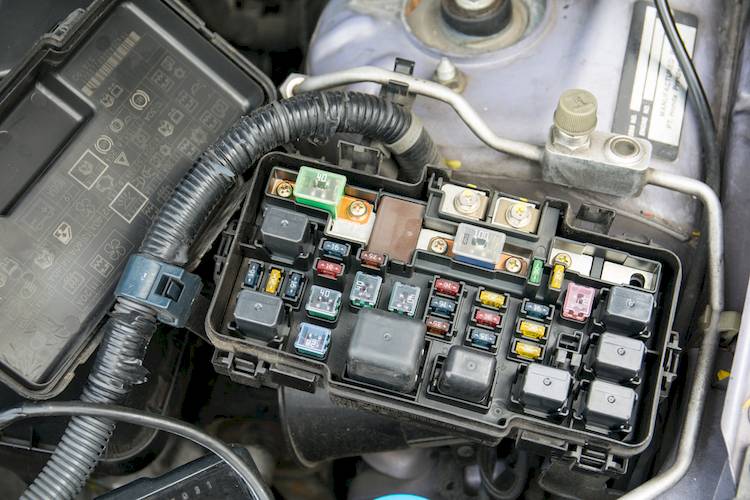

Today, vehicles have braking systems that are far superior to what they used to be. Late-model cars still have traditional braking systems, but they are backed up by ABS systems that prevent your wheels from locking up when you have to do a sudden stop, or when you are braking on slippery surfaces. In order to work properly, your ABS system requires the cooperation of a number of electronic parts, operated by fuses and relays.
In your ABS system, there are usually two man fuses – one delivers power to the system when you turn on your ignition, activating the anti-lock relay and closing it. Then the second fuse delivers power to the rest of the system. If a fuse blows, or the relay fails, your ABS will stop working. You will still have your standard braking system, but the ABS will no longer deliver the pulses to the brakes that prevent you from sliding or locking up.
Whenever you use your brakes, your anti-lock fuse or relay is working. There is no specific lifespan for a fuse or relay, but they are vulnerable – fuses more so than relays. You don’t replace fuses and relays during routine servicing – only when they fail. And unfortunately, there is no way of knowing when that might happen.
When an anti-lock fuse or relay goes bad, there will be certain signs to look out for, including:
- ABS light comes on
- ABS does not work
Your ABS system is not something that you use all the time – only under certain conditions. But it is a very important safety feature in your vehicle so have the problems with your ABS system fixed right away. A certified mechanic can replace the failing anti-lock fuse or relay to eliminate any further problems with your vehicle.



